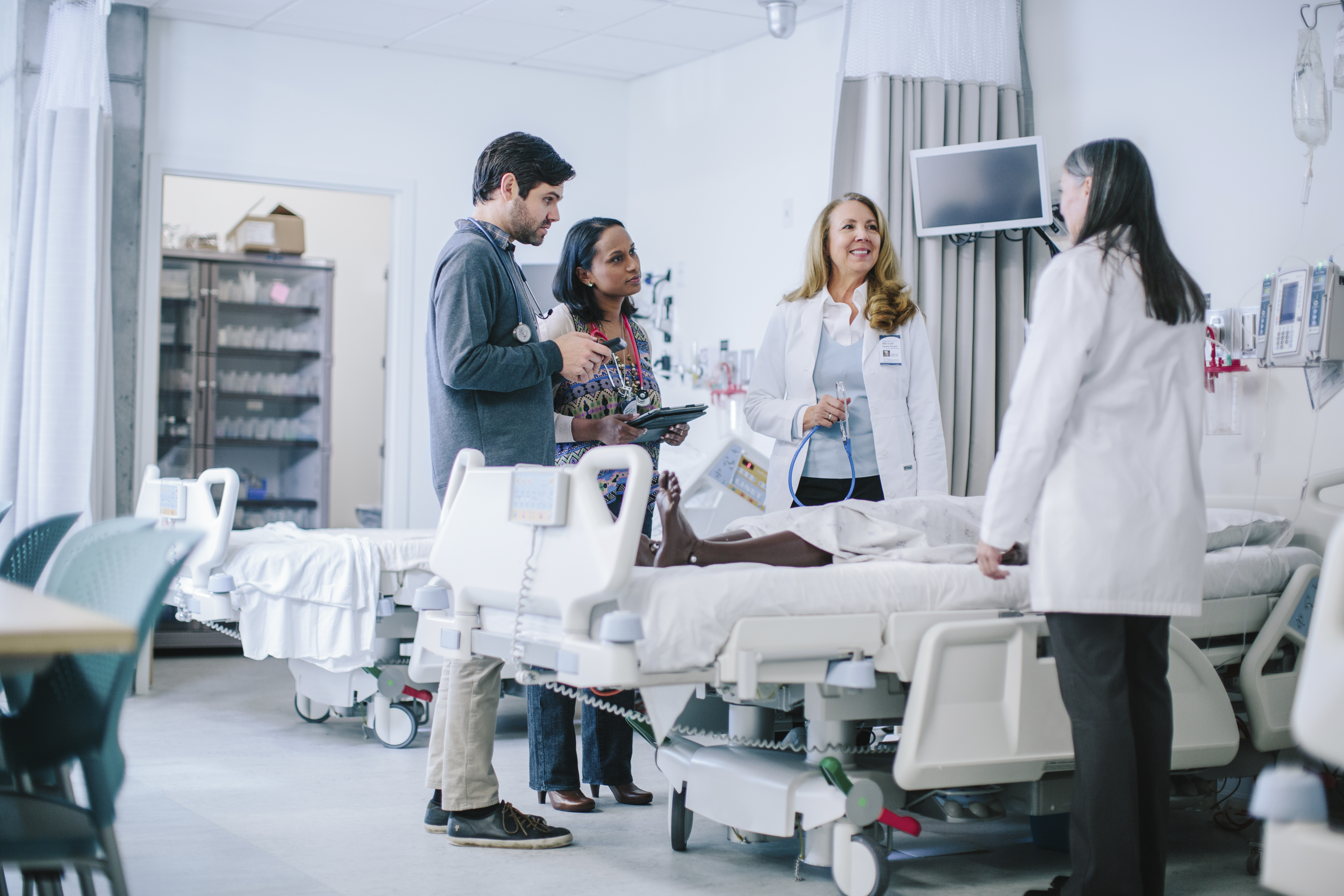
If one delves back in history, the fundamental component of medical education is focused on holistic care, meaning, caring for those we serve within the context of body, mind, and spirit. In more recent times, the focus has moved to diagnosing and treating the physiologic condition. However, studies have shown a person’s environment, behavior and lifestyle have a big impact on their physical health. If we are to progress to a more person-centered approach by combining physiological with holistic, where we are partners with our patients/members/persons, we must also augment our educational processes to this two-pronged approach.
Understanding human economic behaviors, developing trust, focusing on communication skills, and recognizing health equity issues, will provide physicians a better “picture” of the whole patient, therefore creating a better opportunity for engagement and building relationships. By nature, physicians are servant leaders and caring individuals, but it is also crucial to prepare those that serve others with the necessary skills required to deliver on our promise to provide holistic care. This may sound obvious, but it often fails to occur in a prevalent manner throughout medical education. We are making good strides, but to continue to succeed with a customer-centric approach, we need to be much more focused on holistic care in the classroom and at the bedside.
Just as we teach neuroanatomy, it is also beneficial to teach the behavioral dynamics that live within the psychosocial realm. It is known that human behaviors lead to physiologic conditions; therefore, if we genuinely desire to be impactful, focusing on the root causes is important and critical for our medical students to understand all the components that should go into a patient’s care. Many medical schools understand the need to change our focus, however, the training at the workforce level isn’t optimal.
In building healthy relationships, trust is essential. Therefore, learning the skills that accentuate this virtue requires us to understand what dynamics encompasses trust. Just as those we serve are exceedingly vulnerable when they visit us, it is imperative to address our own vulnerability and therefore, be transparent. Knowledge of disease states is merely a component of the equation. Understanding one’s “dis-ease” of life is just as critical to understanding how to treat the whole person. One might believe these are inherent talents; however, several learnable skills may aid us in such endeavors, such as motivational interviewing and asking “what are you most afraid of?”
This same idea remains valid for health disparities. Understanding the biases of both ourselves and those we serve heighten our ability to co-create more encompassing treatment strategies, and consequently, we are more apt to succeed and receive trust.
These ideals also need to go beyond clinicians and be a part of all education for those working in healthcare from hospitals to insurance companies. Inherently, we gravitate towards distinguishing clinicians from non-clinician administrators and executives; however, in reality, we are all representatives of the care delivery team. Those we serve, entrust us with their lives at an incredibly vulnerable time. Let us concentrate on teaching the necessary skills required to deliver holistic care, by improving our training in both our medical and administrative education.
